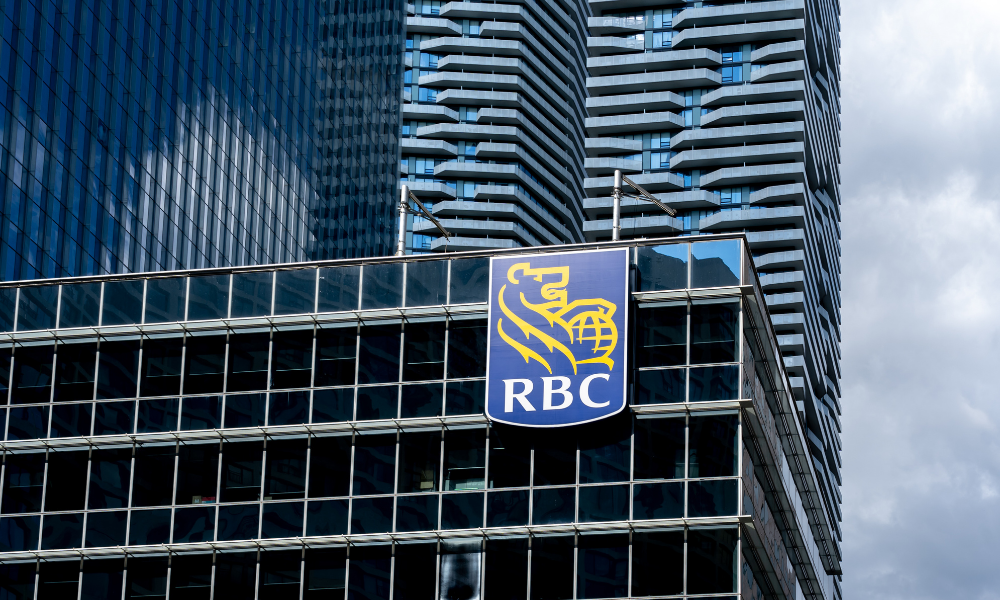
Bank can credit sale price towards debt, not market value: New Brunswick Court of Appeal

A mortgagee is not required to recover the market value of the mortgaged property where the power of sale was “properly” exercised, the New Brunswick Court of Appeal has ruled.
In Royal Bank of Canada v. Allan Marshall & Associates Inc., as Trustee in Bankruptcy, for the Estate of Susan Lynn Williams, 2022 NBCA 10, Douglas and Susan Williams mortgaged their home to the Royal Bank of Canada as security for all debts they owed to the bank, which amounted to $175,000. The couple eventually failed to pay their outstanding obligation, despite demands from the bank to pay the full arrears due or the mortgaged property would be sold.
The bank advised the Williamses that it intended to exercise the power of sale by public auction. A residential drive-by report estimated the mortgaged house to have a market value range of $120,000 to $135,000, and the property’s forced-sale value range was estimated to be $96,000 to $108,000 – the forced sale value represented 80 percent of the fair market value.
At the auction, the bank acquired the property for $96,000 and commenced an action against the Williamses to recover the deficiency due after applying the $96,000 proceeds of the sale.
The trial judge concluded that the proceeds from the sale were less than the market value of the property and directed the debt be credited with $108,000 instead of $96,000. The bank appealed, arguing that it had properly exercised the power of sale under the Property Act, as interpreted in Keough v. Sandfire Capital Limited Partnership, 2016 NBCA 50.
In Keough, the court ruled that the law does not require that the mortgagee recover the market value of the mortgaged property. However, where the power of sale was “improperly” exercised, the mortgagee becomes liable for the market value of the property as of the date of the mortgage sale. The court in Keough further said that a “proper” exercise of the power of sale is one where the mortgagee does not intentionally or recklessly sacrifice the mortgagor’s interest in the property sold.
In this case, the trial judge recognized that the bank had properly exercised the power of sale by buying the Williams’ property for $96,000 but concluded that the bank was still accountable for the market value of the property. The bank argued that the trial judge’s decision was an error in law.
The Court of Appeal agreed with the bank’s position and pointed out that under the law, a mortgagee is liable to a mortgagor for an “unauthorized or improper or irregular” exercise of the power of sale. However, where the power is “properly” exercised, the mortgagee is not accountable for any loss to the mortgagor. The court concluded that in the absence of a finding that the bank had improperly exercised the power of sale, the trial judge committed an error in requiring the bank to still account for the mortgaged property’s fair market value at the time of the sale. The court allowed the appeal and directed that $96,000 be used in place of $108,000 in the assessment for deficiency judgement.